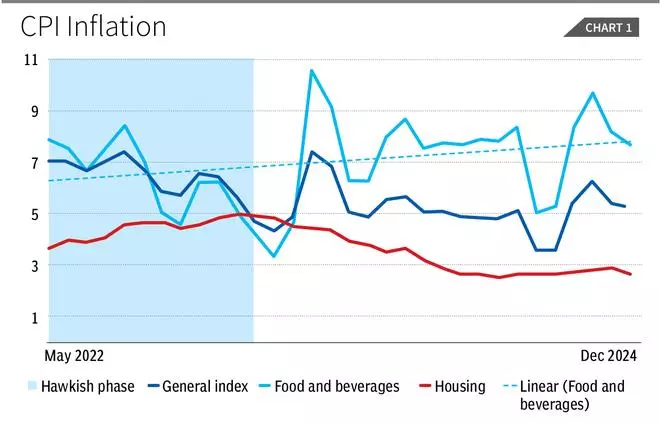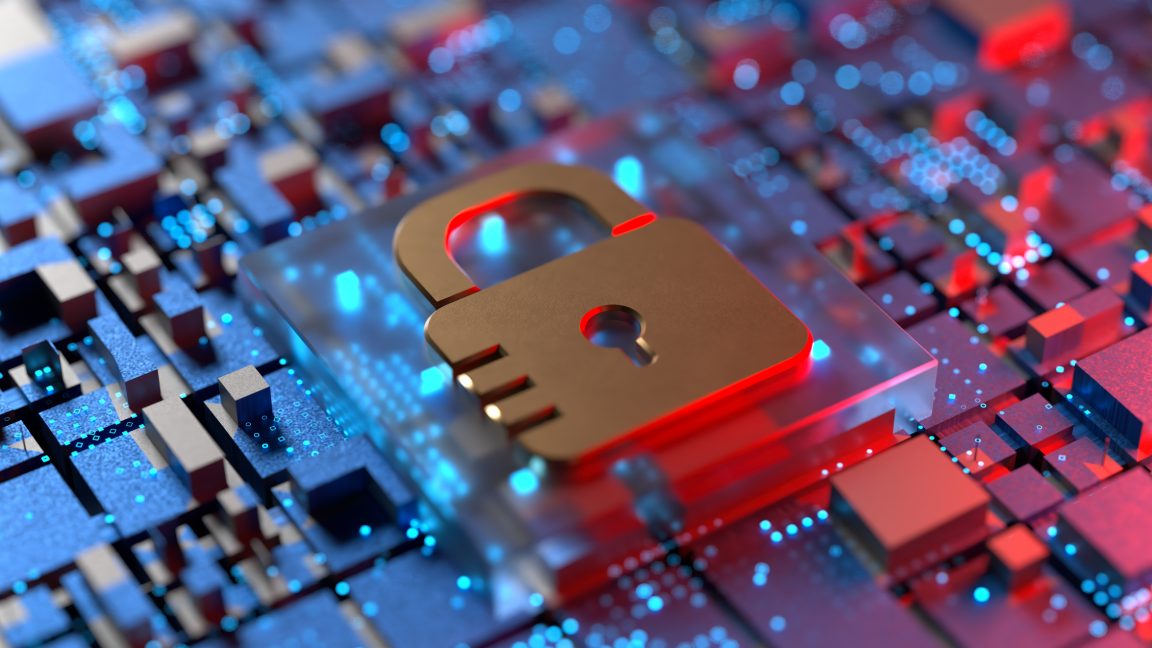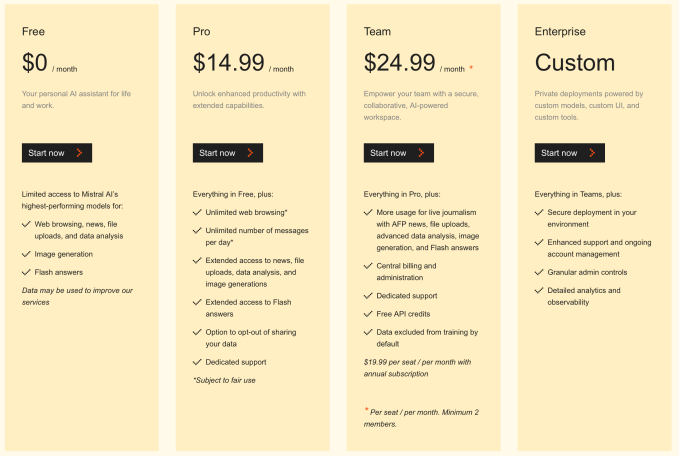Edit Content
Trending






Pill esophagitis, or drug-induced esophagitis, occurs when oral medications cause inflammation in the esophagus, the tube that carries food from the throat to the stomach.
Symptoms can range from mild to severe and include chest pain, heartburn, and painful swallowing. In severe cases, people may develop ulcers or bleeding if a pill damages the esophageal lining.
Pill esophagitis is rare, but anyone who takes medications, vitamins, or dietary supplements in pill or capsule form can develop it. Treatment generally involves stopping the medication causing the esophagitis.
Symptoms of pill esophagitis can develop within hours or up to 10 days after taking medication. In most cases, symptoms typically worsen before gradually improving within a few days. Common pill esophagitis symptoms include:
Some people with pill esophagitis can experience more severe inflammation that damages the esophageal tissues, leading to ulcers (open sores) that can bleed and symptoms such as:
Pill esophagitis occurs when certain medications irritate or injure the esophagus’s lining. Some drugs have acidic or highly concentrated properties that can burn or injure the esophagus if they stay in contact with it for too long.
Taking pills without enough water or lying down shortly after taking medication can cause pills to stick to the esophageal lining, causing irritation and inflammation.
Gel capsules and slow-release pills are more likely to cause pill esophagitis because they can stick to the esophagus and slowly release irritating substances. Some medicines are more likely to cause pill esophagitis than others, including:
People of all ages, including children and adults, can develop pill esophagitis. There is a greater risk of pill esophagitis for people who:
Diagnosing pill esophagitis involves a thorough medical history review, physical examination, and diagnostic tests. Your healthcare provider will ask about your symptoms and what medications and supplements you’ve taken recently. They will also examine your throat, chest, and abdomen.
Healthcare providers can sometimes diagnose pill esophagitis based on your symptoms and recent medication history. For example, if you’re experiencing painful swallowing and chest pain while taking an antibiotic, this may be enough for your healthcare provider to make a diagnosis.
Depending on the severity of your symptoms, your healthcare provider may order an endoscopy. An endoscopy involves inserting a flexible tube with a tiny camera into your mouth and throat. This allows healthcare providers to view the esophagus and look for signs of inflammation and abnormalities, like ulcers, strictures (narrowing of the esophagus), and bleeding.
Treatment for pill esophagitis depends on the severity of symptoms and damage to the esophagus. In many cases, simply stopping or replacing the medication causing the problem is enough to allow the esophagus to heal. Your healthcare provider may suggest an alternative medication or a liquid form of the same drug to reduce irritation.
Over-the-counter (OTC) and prescription medications can help relieve pain and discomfort and promote healing of the esophagus. Your healthcare provider may recommend or prescribe:
In addition to medications, your healthcare provider may recommend avoiding foods and beverages that can irritate the esophagus and worsen symptoms, including:
Damage to the esophagus may require medical procedures or surgery to stop the bleeding or dilate (widen) the esophagus. These include:
Preventing pill esophagitis involves making a few simple adjustments when taking medications, including:
Pill esophagitis can sometimes lead to complications, such as:
Pill esophagitis is inflammation and irritation of the esophagus that occurs when a pill gets stuck or dissolves in the esophagus. It often happens when people swallow pills with too little water or lie down shortly after taking medication.
Symptoms include chest pain and painful swallowing. Depending on the severity of symptoms, treatment may include stopping the medication causing esophagitis, medications to relieve symptoms, and dietary changes to prevent further irritation.
You can lower your risk of pill esophagitis by swallowing pills with a full glass of water and avoiding lying down for at least 30 minutes afterward.
©2024. Livebuzznews. All Rights Reserved.